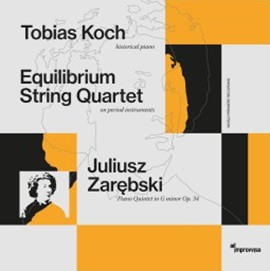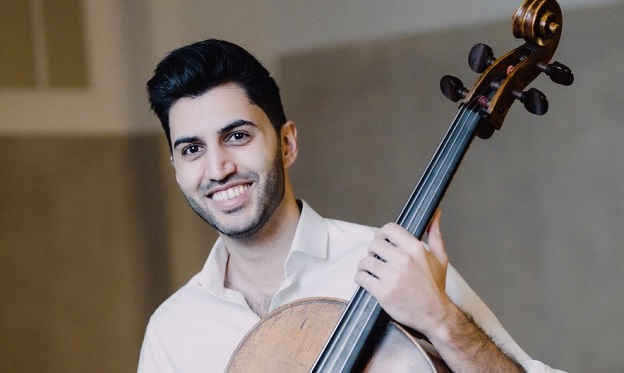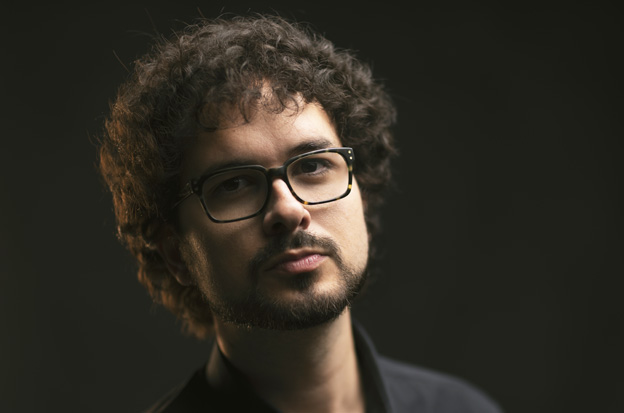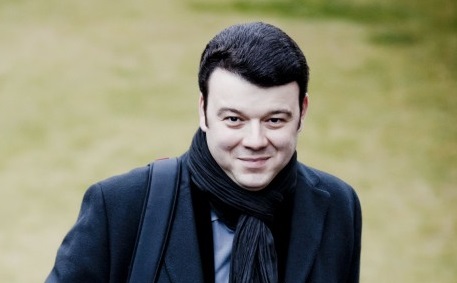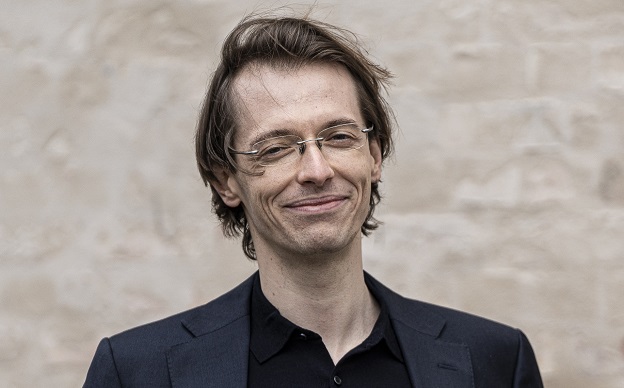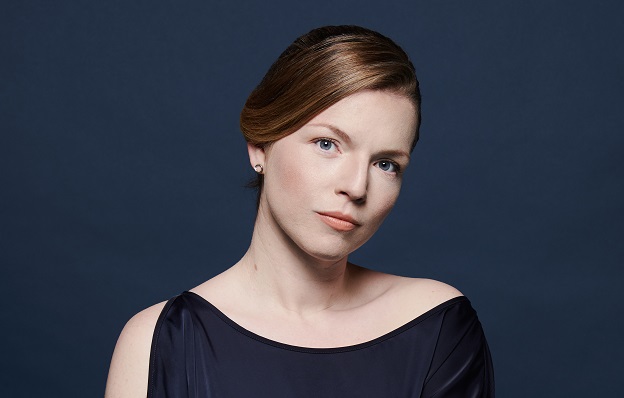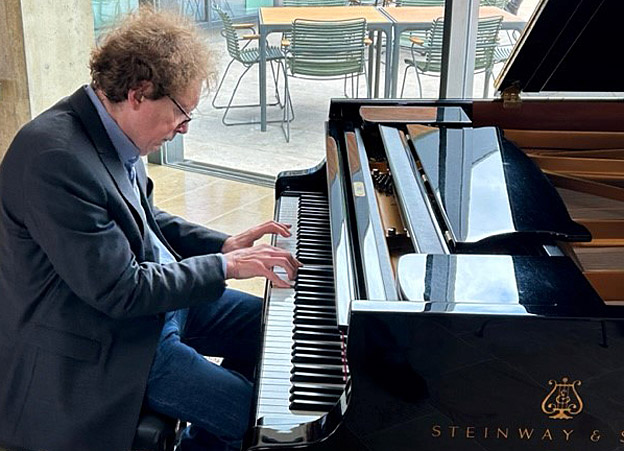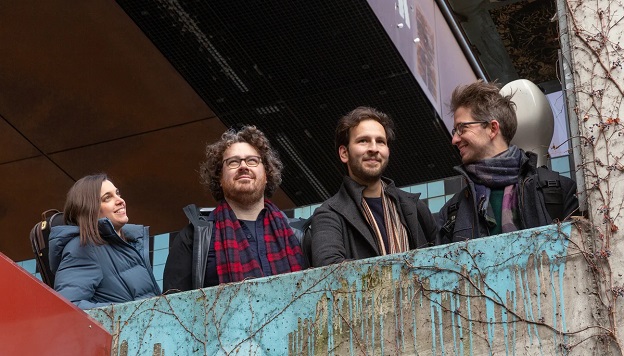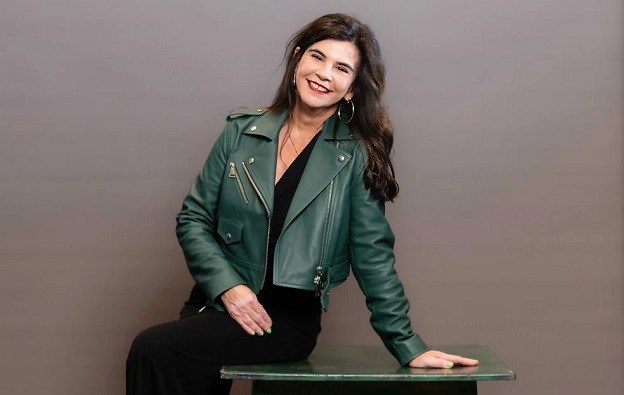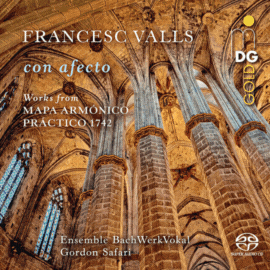Bei Ihrer rezenten Aufnahme von Robert Schumanns Cellokonzert haben Sie sich als Begleiter die Camerata Salzburg ausgewählt, also ein Kammerorchester. Ist das Cellokonzert denn großangelegte Kammermusik?
Schumanns Cellokonzert ist kein heroisches Werk wie beispielsweise das Dvorak-Konzert. Und es kommt ohne einen wirklichen symphonischen Klang aus. In dem Sinne kann man dieses Stück, was ja quasi nur in einem langsamen Satz komponiert ist, als ein sehr intimes Werk Schumanns bezeichnen. Natürlich gibt es drei Sätze, aber die gehen ohne Pause ineinander über. Schumann hat sein Konzert zuerst auch als Konzertstück bezeichnet, und erst später dann als Cellokonzert. Es ist relativ klein geschrieben, und immer wenn das Cello spielt, ist die Begleitung sehr zart und fein. Read More →
You won more than 30 First Prizes in competitions all over the world. What did this bring to you and your career?
It has given me, above all, an unforgettable experience performing on stage. I truly believe that opportunities on stages are what forge musicians, as they have instilled an unyielding drive within me to continually set goals to grow as an artist. I also must add that I have met wonderful people, both jurors and participants from whom I have learned invaluable wisdom that has profoundly shaped my musical career. Read More →
Herr Gluzman, anlässlich des Jubiläumskonzerts der Solistes Européens Luxembourg spielen Sie das 2. Violinkonzert von Serge Prokofiev. Wie ist dieses Werk einzuschätzen?
Nun, Prokofjew hatte sich nach seinem 1. Violinkonzert fast 20 Jahre Zeit gelassen, um ein neues Orchesterwerk für die Violine zu schreiben. Damals, also 1935 reiste er viel umher. Jeder Satz dieses Konzerts wurde an einem anderen Ort komponiert, das Werk selbst wurde in Madrid mit riesigem Erfolg von dem Geigenvirtuosen Robert Soetens uraufgeführt. Read More →
Your music is definitely not to be considered as avant-garde, a genre that some believe is the only contemporary music. How do you see the current contemporary music scene?
This is a big question, actually, so I’m going to take some time to answer it as best I can.
It’s funny—you know, the term avant-garde, as well as a lot of the music, actually strikes me as remarkably dated. I’m not alone in this. It’s a product of a very specific moment in history, and couldn’t have existed as it did without a lot of post-war trauma and a pervading sense of political guilt. I’m not knocking the music—the music of Boulez and Ligeti, especially, I care about greatly, and what they did was fascinating and often very, very beautiful. But this is already quite old music, now. Read More →
Victor Nicoara, in 2021, you released your debut album: a Busoni recording. Now the next album is being released, and once again one name dominates the program: Busoni. What is it about this composer’s music that draws you back to it again and again?
The expressive dimension of much of Busoni’s music – ranging from mystical introspection to terrifying grandeur (the latter more sparingly used) – is something that always feels familiar to my emotional makeup. Read More →
Im Jahr 2021 haben Sie Ihr Debütalbum veröffentlicht: eine Busoni-Aufnahme. Jetzt erscheint das nächste Album, und wieder dominiert ein Name das Programm: Busoni. Was ist es, was Sie immer wieder zur Musik dieses Komponisten zurückführt?
Die expressive Dimension eines Großteils von Busonis Musik – die von mystischer Introspektion bis hin zu fast schon furchteinflößender Pracht reicht (letzteres aber eher sparsam) – ist etwas, was mir emotional immer vertraut ist. Read More →
Piano Poems auf Deutsch Klavier-Gedichte: Sie spielen auf Ihrer neuen CD sozusagen vertonte Lyrik. Was hat Sie dazu inspiriert?
Als Musiker suche ich immer nach Themen und Konzepten, die als Ausgangspunkt bei der Gestaltung neuer Konzertprogramme oder CD- Einspielungen dienen. Als Pianistin habe ich das Glück, über ein riesiges Repertoire zu verfügen und trotzdem reicht es mir nicht, einfach nur ‘schöne’ Werke zu spielen, die mir gefallen! Read More →
Maître, you’ve appeared on television, performed in the theater, given dance recitals, made films and written several books, including the recent novel Le Disciple, published by Presses de la Cité. Where does this desire to push back the boundaries of your artistic activity come from?
Ever since I was a child, I’ve been drawn to the world of creation in all its forms. I grew up in the Ukrainian provincial town of Donetsk, where it was difficult to access works of art, and I had to work very hard to get them. In return, I had the freedom to choose according to my own intuition. When I arrived in Moscow at the age of 16, things were much more regulated. I was surprised to find that my fellow students had been trained to be interested only in piano and classical music. I was very lucky not to be formatted. Read More →
Ihr Quartett wurde vor 7 Jahren gegründet. Ist 2024 das verflixte siebte Jahr? Ist die Begeisterung noch immer so groß wie am Anfang?
Die Zeit vergeht wirklich wie im Flug, wenn man in einem Quartett spielt. Unsere Konstellation ist dabei besonders spannend und macht sehr viel Spaß. 2024 mag unser siebtes Jahr sein, und wir hoffen, dass uns noch viele gemeinsame Jahre bevorstehen. Read More →
Die Idee, die dem Album zugrunde liegt, geht zunächst einmal vom Klavier aus. The Voice of Piano, also die Stimme des Klaviers, zielt vor allem auf die gesanglichen Qualitäten des Instruments. Es sind ja fast ausschließlich Lied-Transkriptionen. Wie kommt es zu dieser Fokussierung?
Ich habe schon immer gerne Sängerinnen begleitet, wobei es bis jetzt wirklich nur Frauen waren. Dazu kommt, dass einer meiner wichtigsten Lehrer, wenn nicht der wichtigste, ein bedeutender Liedbegleiter war: Irwin Gage. Anfangs kam ich ja noch mit einer Sängerin zu ihm, später hat er nur noch mit mir zusammengearbeitet. Es ging aber nie um reine Klaviermusik, sondern immer um Liedbegleitung, und mit seiner lockeren amerikanischen Art hat er mir das Gefühl gegeben, dass es schön ist, was ich mache. Dann seine obsessive Weise, mit Legato umzugehen. Read More →




